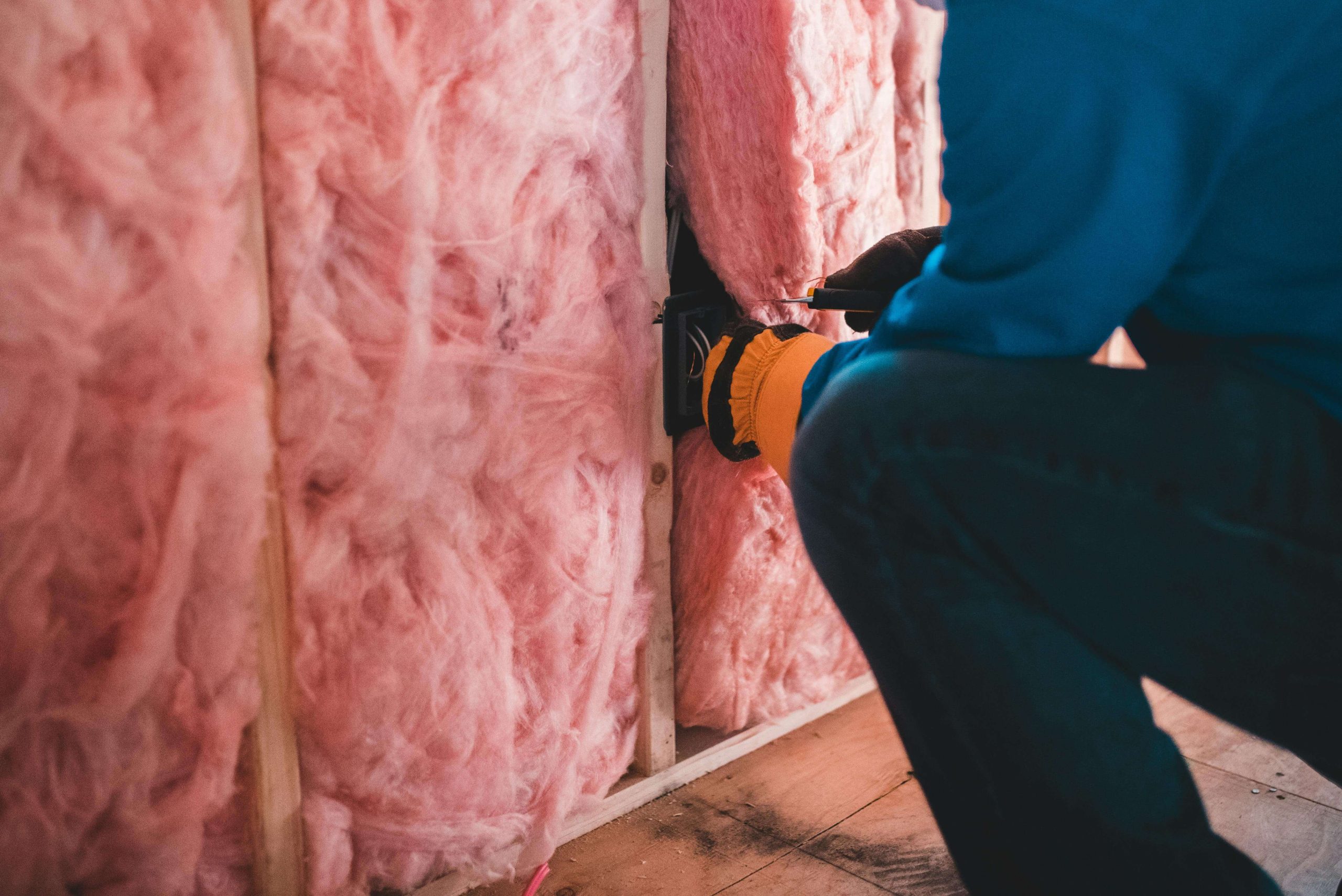How Proper Insulation & Sealing Helps Your HVAC Work Smarter

Most homeowners think about their HVAC system when the temperature outside changes — whether it’s cranking the AC during Florida’s long summers or switching to heat during the occasional chilly snap. But what many don’t realize is that your system’s performance is heavily influenced by something far less obvious: the insulation and tightness of your home.
Proper insulation and air sealing work hand-in-hand with your HVAC system, helping it run more efficiently, last longer, and keep your home consistently comfortable year-round. Here’s how.
What Is Insulation & Why Does It Matter?
Insulation is the material that resists heat flow in and out of your home. It’s commonly found in your attic, walls, floors, and sometimes even ducts. In the summer, it keeps the heat outside. In the winter, it traps warmth inside.
When insulation is lacking or uneven, your HVAC system has to work overtime to make up for the temperature loss. That means higher energy bills, more wear and tear on your equipment, and uneven comfort levels throughout the house.

The Role of Air Sealing
While insulation slows down heat transfer, air sealing blocks the actual movement of air between the inside and outside of your home. This includes gaps around doors, windows, attic hatches, plumbing penetrations, light fixtures, and electrical outlets.
Without proper sealing, your conditioned air is literally escaping through the cracks. According to ENERGY STAR, the average home loses up to 30% of its heating and cooling energy through air leaks.
How This Impacts Your HVAC System
Your HVAC system is designed to maintain a set temperature inside your home — but it can’t do that efficiently if air is leaking or heat is constantly entering or escaping. Here’s how poor insulation and sealing affect your system:
- Short cycling: When conditioned air escapes, your HVAC system cycles on and off more often to maintain temperature, which uses more energy and increases wear.
- Uneven temperatures: Some rooms may feel much warmer or cooler than others because heat is entering or leaving through poorly insulated areas or poorly sealed fixtures.
- Higher energy bills: If your system has to run longer or harder, you’ll see the impact in your monthly utility costs.
- Shorter equipment lifespan: Overworking your HVAC can lead to more frequent repairs and earlier replacement.
Signs You Might Have Insulation or Sealing Issues
- Rooms that are hard to keep cool or warm
- Drafts around windows, doors, light fixtures, wall outlets, and plumbing fixtures
- High humidity levels inside the home
- Rising energy bills, especially during extreme weather
- Visible gaps or cracks in window and door frames
Simple Ways to Improve Your Home’s Insulation and Sealing
- Check your attic: Attic insulation is one of the biggest factors in HVAC efficiency. If the insulation is uneven, compressed, or missing in areas, consider adding more.
- Seal windows and doors: Use weather stripping or caulk to close small gaps.
- Inspect ductwork: Leaky ducts can lose conditioned air before it even reaches your rooms. Seal and insulate accessible ductwork where possible.
- Upgrade insulation: If your home is older or hasn’t been inspected recently, a professional insulation audit can help identify areas for improvement.
The ROI on Better Insulation and Sealing
Investing in insulation and sealing isn’t just about comfort — it’s also about savings. The Department of Energy estimates homeowners can save up to 15% on heating and cooling costs by properly sealing and insulating their homes. Air sealing and insulation is one of the lesser expensive things you can do to improve your home’s comfort. It’s not always about needing a bigger HVAC system.
Reducing run times on your HVAC by sealing or adding insulation extends the lifespan of your HVAC system when it doesn’t have to work as hard.
Let Your HVAC System Work Smarter, Not Harder
At Woodall’s Total Comfort Systems, we believe a well-sealed, properly insulated home is just as important as the quality of your HVAC equipment. If you’ve been experiencing uneven temperatures, rising energy costs, or comfort issues, it may not be your AC or heat pump — it could be your insulation doing a poor job.
Give us a call to schedule a home comfort assessment, 850-482-8802. You can also visit our homepage to book your appointment online, https://woodallstotalcomfort.com/, click on the Book Now button. We’ll take a look at the big picture and help you make your system — and your home — as efficient as possible.
Comfort starts with what’s behind the walls. Let’s make sure your home is sealed, insulated, and ready for every season.